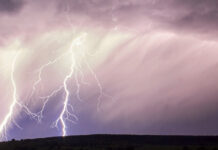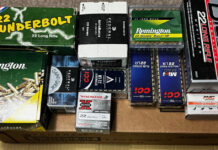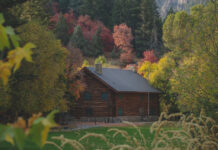
It’s a busy world out there, full of conflict, threats, disease, poverty, hunger, and anger. Let’s not forget anger. Here are a few things that are in the news today, and similar reports can be found every day:
- India and China face off in deadly clash
- North Korea blows up Inter-Korean Liaison Office
- China is acting more aggressive to the U.S. and its allies
- Brazil reported 34,918 new cases of coronavirus, and will exceed 1 million cases by the weekend
- Miami pauses reopening as coronavirus cases rise
- Locusts continue to sweep through Africa and the Middle East, wiping out food crops. They have caused more than $5 billion in crop damages in Pakistan
- Global poverty could rise due to the pandemic
- Protest continue across the United State, mostly peaceful but some with rioting, and the CHAZ continues to persist in Seattle
- Politics continues to be ugly and no one knows what will happen after the election, but no matter who is elected, about half the country will be angry
In other words, lots of reasons to prep. Our top two concerns are China and COVID-19.
China is in a cold war with the U.S. and we are in an economic war with them. Right now, we’re winning, so China is looking for new fronts on which to attack us. You can call it saber rattling, but it sounds like war drums to some. This may never be a hot war, or they could strike out at our allies or encourage North Korea to become more belligerent. Regardless of what happens, we can expect continued financial and supply disruptions.
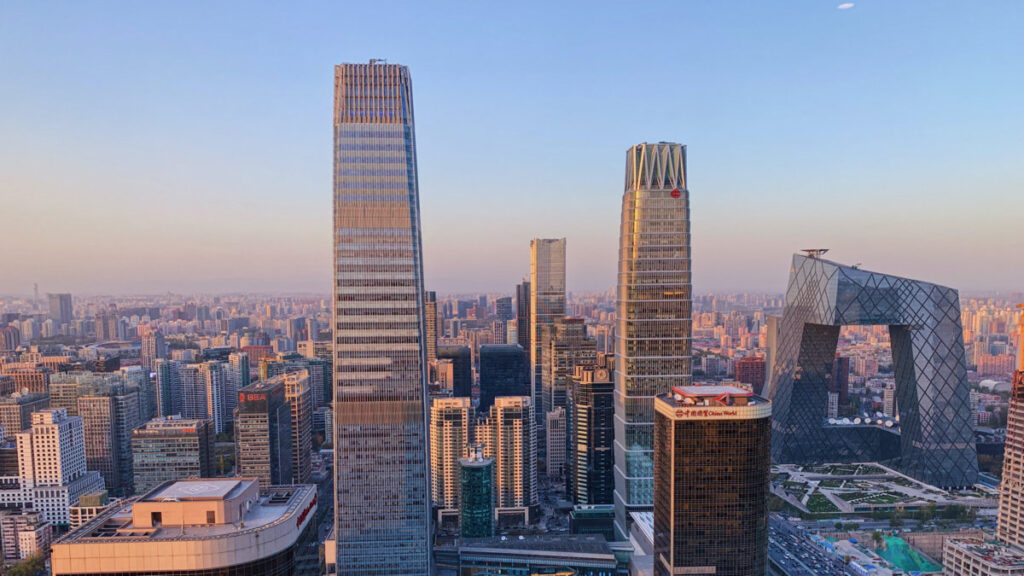
Not only has the coronavirus not gone away, it is spreading globally and there could be a second wave of outbreaks. China is already concerned about new outbreaks in Beijing and the virus is growing faster and faster in South American, Africa, the Middle East and the subcontinent. During the Spanish Flu outbreak 100 years ago, the second wave was worse than the first. We have no idea if that will be the case, but it makes sense to prepare for the possibility of the disease getting worse or or the side effects of our reaction to it getting worse.
Starting to Prep
If you are new to prepping, you need to think about food, water, shelter, medical, financial, and self-defense. In short, you need somewhere safe to live, you need food to eat and water to drink while you are there, and a way to protect yourself and your family when the wolf is at the door. You should stock up on any prescriptions you need as well as common over-the-counter medications and first aid supplies, and should save money or something else of value. What good does money do in a disaster? If there are still utilities, it allows you to keep the power on and the water running, even if you are out of work.
If you have never considered buying a firearm for self-defense, please keep in mind that there is more to it than just buying a gun. You need a gun, ammunition, a sling or holster, and training. Don’t go off half cocked (pun intended). Read our recommendations on the best survival guns.
Food is Step One
Let’s assume you have a place to live and water to drink. If so, then my advice to new and existing preppers would be to focus on stockpiling food. Earlier this year, we all saw how tenuous our food supply chain can be. There might be problems at the farm, at the manufacturer/processor, during distribution, or at the local grocery store level. You can compensate for these deficiencies by buying and stocking food or by growing and raising it. A combination of both is even better.
It is important to buy food before the shortages hit. You can buy canned and dried foods such as those in our 30 day list, or you can buy or grow fresh food and can or dehydrate it for storage yourself. If you can find a source that has it in stock, you can buy pre-packaged long-term storage food. We recommend dried or dehydrated foods in #10 cans and 5-gallon pails or 6-gallon super pails. These items usually have a shelf life of at least seven years and often can last 20 years or longer.
Long-term storage food staples are basic items like rice, wheat, corn, pasta, beans, granola, soup or stew mixes, pancake and other baking mixes, dehydrated vegetables, dehydrated fruits, powdered milk, powdered eggs and similar products.
If you decide to grow your own, chickens will start producing eggs or meat in just a few months. It may be relatively easy to get a few tomatoes, peppers and zucchini from a container garden, but gardening at the scale necessary to provide a significant amount of your calories is a much greater challenge. If this is your plan, better start now so you can be producing in a year or two.
Step 2: Stock Ammo
I have a prepper friend who recently pulled all the ammo cans out from his crawl space and took an inventory. He had more than 48,000 rounds.
Do you need 48,000 rounds? I hope not. I would recommend a minimum of 500 rounds for a pistol, and shotgun and 2,000 for your battle rifle. If you have a separate hunting rifle, stockpile at least 200 rounds for it. While you are at it, get at least 2,500 .22LR.
Why stockpile ammo? First, because when you desperately need more, you cannot grow it and if there are stores open, they are likely to be sold out. Second, if stored properly, it has an unlimited shelf life. I have surplus ammo from the 1960s and 1970s that I acquired 20 years ago, and it all shoots just fine. Third, because one day ammo may be restricted, banned for civilian sale, or taxed to such an extent that you cannot afford it. Fourth, because ammo prices go up more often than they go down, so buying today can save you money in the long run. And fifth, if you never need it, think of the fun you can have shooting it!
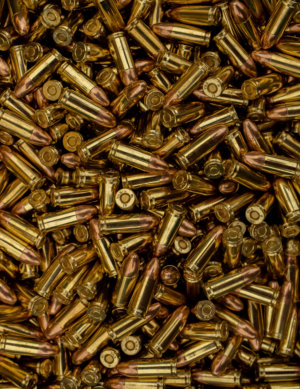
Plenty of people will feel my recommendations are too conservative. By all means, feel free to stock more! But don’t sacrifice food to buy bullets.
Being Prepared Never Hurts
“Darn, I was over prepared for this disaster,” said no one ever. But plenty of people have been caught flat footed and suffered because they didn’t prepare. That’s why generator sell out after hurricanes, the Coast Guard has to rescue people from roof tops, and people go to shelters.
Prep, plan, and have a plan B. You’ll feel better and it may just save your life, or at least make it easier.

